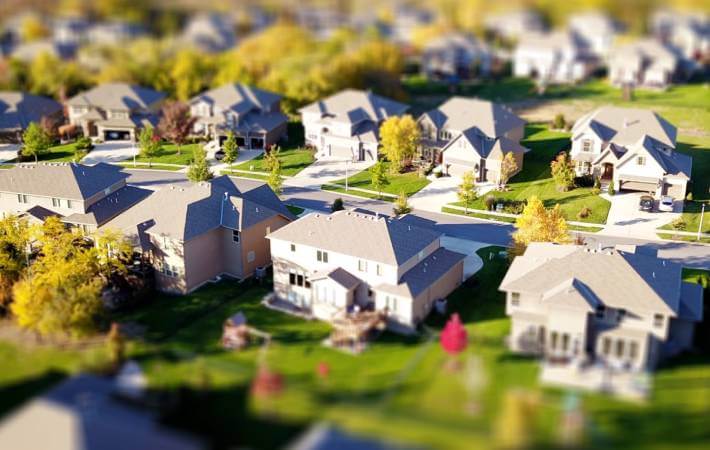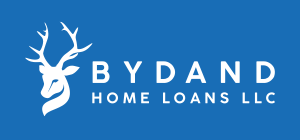
What are Closing Costs When You Buy a House?
Photo by David McBee from Pexels
Whether you are buying or selling a house, you'll hear the term "closing costs" come up. But what are closing costs? Here is a high-level view of what that term means.
What are Closing Costs?
The short explanation is closing costs are fees you pay when you close on a home. They're separate from the down payment. Here are a few things that typically make up the closing costs.
Appraisal fees – these are fees your bank incurred to get the property appraised. They don't want to extend a loan for $400,000 if the property's only worth $200,000.
Title Insurance – this is determined by the purchase price of the home.
Loan origination fees – up until this point, the lender has invested time in working on your loan. This time includes processing and underwriting. This fee covers those costs that were incurred.
Private mortgage insurance (PMI)– how much was the down payment? If it's less than 20% on a conventional loan, you'll need to pay PMI.
Points for the mortgage – you may have agreed to "buy points" to get your interest rate lowered. Buying those points requires a fee which is paid at closing.
Property tax – it's typical to pay at least some of your annual property taxes at closing to make sure you're up to date.
Closing fee – a fee that goes to the escrow agent helping you close.
Attorney fee – the attorney helping with the close of the home doesn't work for free.
How Much Do You Pay for Closing Costs?
Every transaction is different, but what's typical is a range between 2% to 5% of the home's purchase price. So, if you purchase a home for $200,000, your closing costs would typically be between $4,000 and $10,000.
Keep in mind that these costs shouldn't come as a surprise. Your lender will let you know well in advance – usually as early as the loan estimate – how much your closing costs will be. When you get your loan estimate, make sure you understand the closing costs and ask any questions upfront. You don't want to get too far down the road before you start digging into these things.
Who Pays the Closing Costs?
Both the buyer and seller pay costs at closing. The difference is the types of costs they're paying.
For example, most of the closing costs are paid by the homebuyer. They are the ones taking out a loan, paying PMI if their down payment isn't high enough, paying the taxes on their new home, etc.
But the seller has their own costs to pay. They'll pay the commission for both the buying and selling agent. Transfer taxes, HOA fees, the seller's attorney fees, and credits towards closing costs also come out of the seller's pocket.
Some fees end up getting split between the buyer and seller. For example, escrow fees are split evenly between the two parties.
Do you have any other questions about closing costs when you buy a house? Send us an email at info@bydand.com or call us at (877) 306-0222 and we'll get back to you soon.

